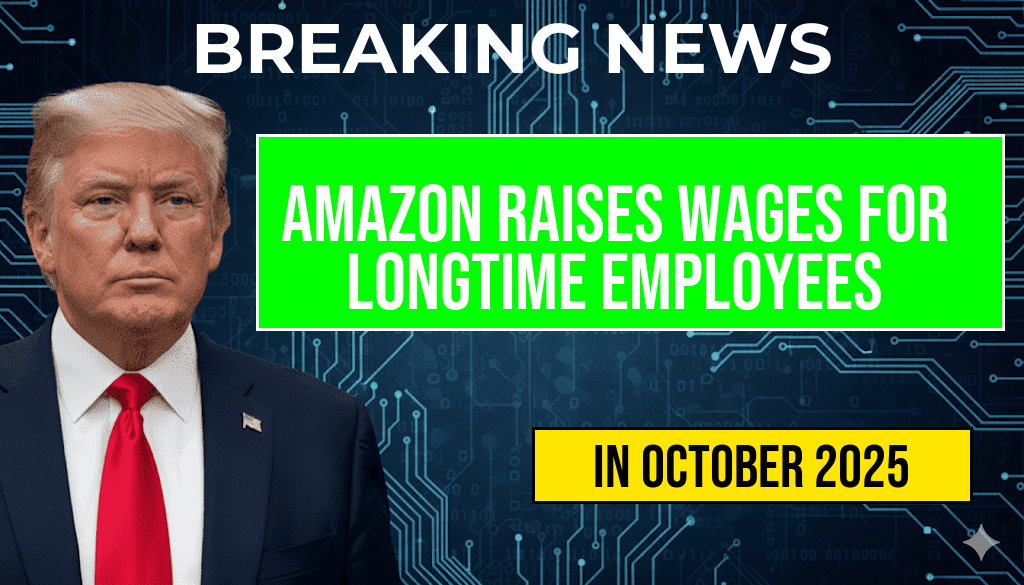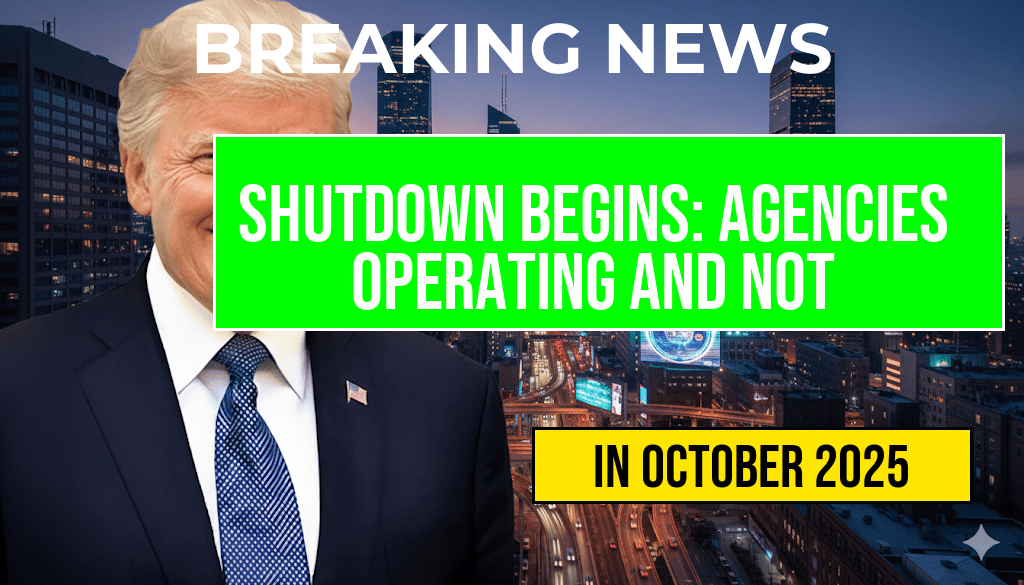The United States government officially entered a partial shutdown early Tuesday morning after congressional negotiations failed to produce an agreement on federal funding for the new fiscal year. As a result, numerous federal agencies have halted non-essential operations, impacting millions of Americans relying on government services. Essential functions such as national security, public safety, and certain health services continue uninterrupted, but many agencies face significant staffing and service disruptions. Key agencies like Social Security, the Internal Revenue Service (IRS), and the Department of Defense are navigating complex operational decisions amid the shutdown, while agencies like the Transportation Security Administration (TSA) maintain frontline services essential for daily travel. This article provides a comprehensive agency-by-agency breakdown of who is operating and who is not, emphasizing the immediate impact on the American public and the federal workforce.
Government Shutdown: Scope and Immediate Impacts
The shutdown occurred after Congress failed to pass appropriations bills or a continuing resolution by the midnight deadline. With funding lapses across numerous departments, federal agencies are forced to implement contingency plans, which often include furloughs, reduced staffing, and limited services. The shutdown’s scope extends across multiple sectors, affecting everything from social welfare programs to national defense, with some agencies maintaining minimal operations to ensure critical functions continue.
Agency Operations During the Shutdown
Social Security Administration
- Operational Status: Continues to process payments and handle urgent inquiries.
- Staffing: Most field offices and local offices are closed, but online services remain accessible.
- Impact: Beneficiaries will receive scheduled payments, but in-person assistance and new application processing are limited.
According to the Social Security Administration, core functions like distribution of payments will continue, but many administrative services are temporarily unavailable.
Internal Revenue Service (IRS)
- Operational Status: Most services are halted.
- Staffing: The majority of IRS employees are furloughed.
- Impact: Tax processing, refunds, and audits are delayed until funding resumes.
The IRS has announced delays in processing certain tax returns and refunds, which could impact millions of taxpayers approaching the tax season. Critical functions related to cybersecurity and taxpayer safety remain active.
Department of Defense (DoD)
- Operational Status: Military personnel on active duty continue operations, but civilian employees face furloughs.
- Staffing: Essential personnel maintain readiness; non-essential civilians are furloughed.
- Impact: Administrative services, procurement, and non-urgent maintenance are suspended.
The Pentagon has prioritized defense readiness, but many support functions and administrative offices are temporarily closed, affecting military logistics and research activities.
Transportation Security Administration (TSA)
- Operational Status: TSA agents continue screening passengers at airports.
- Staffing: TSA personnel remain on duty, though some other federal transportation agencies face disruptions.
- Impact: Flight operations continue without interruption, but other transportation safety programs are scaled back.
The TSA’s frontline services are deemed critical, ensuring that air travel remains unaffected despite the shutdown’s broader impacts on transportation agencies.
Other Key Agencies and Their Status
| Agency | Status | Notes |
|---|---|---|
| Environmental Protection Agency (EPA) | Furloughed | Most activities suspended; limited emergency responses |
| Federal Emergency Management Agency (FEMA) | Partially operational | Focus on disaster response and preparedness |
| Federal Courts | Limited | Some proceedings delayed; essential services continue |
| U.S. Postal Service | Operational | Remains unaffected, as it operates independently of federal appropriations |
| Central Intelligence Agency (CIA) | Operational | Maintains essential national security functions |
Public and Economic Ramifications
The shutdown is expected to have ripple effects across the economy, notably delaying government contracts, slowing down federal hiring, and creating uncertainties for markets. For ordinary Americans, the most immediate concern is the disruption of social programs and the potential delay of tax refunds. Many federal contractors and employees face furloughs, increasing financial strain for thousands nationwide.
Looking Ahead
While some agencies are equipped to operate temporarily with existing funds or emergency measures, the long-term impacts hinge on congressional negotiations. Lawmakers continue to debate spending priorities, but a resolution remains elusive as political factions remain divided. For the latest updates, citizens are advised to monitor official agency websites and trusted news sources such as White House and Congress.gov.
Frequently Asked Questions
What agencies are affected by the government shutdown?
The government shutdown impacts various agencies, including the Social Security Administration, IRS, Defense Department, and Transportation Security Administration (TSA). Some agencies continue operations, while others halt non-essential services.
Which essential services remain operational during the shutdown?
Essential services such as national security, border security, and emergency response continue to operate. Agencies like the Military, TSA, and certain parts of Social Security remain open to ensure public safety and security.
Will Social Security benefits be affected by the shutdown?
No, Social Security benefits will continue to be issued as usual during the shutdown since the Social Security Administration is considered an essential agency.
How does the government shutdown impact IRS operations?
The IRS typically halts most operations during a shutdown, which can delay processing of tax refunds and other services. However, some critical functions, like processing tax payments, may continue depending on funding.
What should travelers expect from TSA during the shutdown?
The Transportation Security Administration (TSA) remains operational during the shutdown, so air travel security screenings continue as normal, though some TSA workers may face delays or pay issues.










